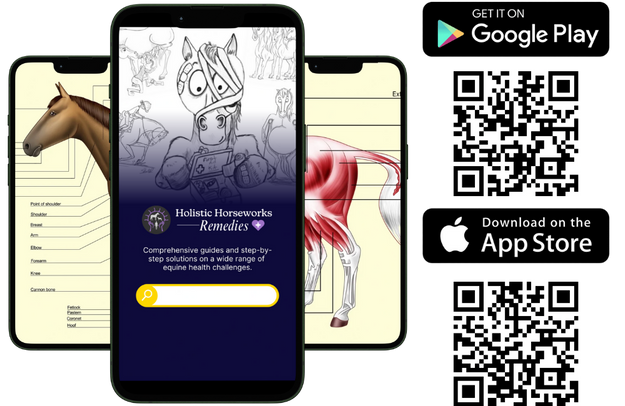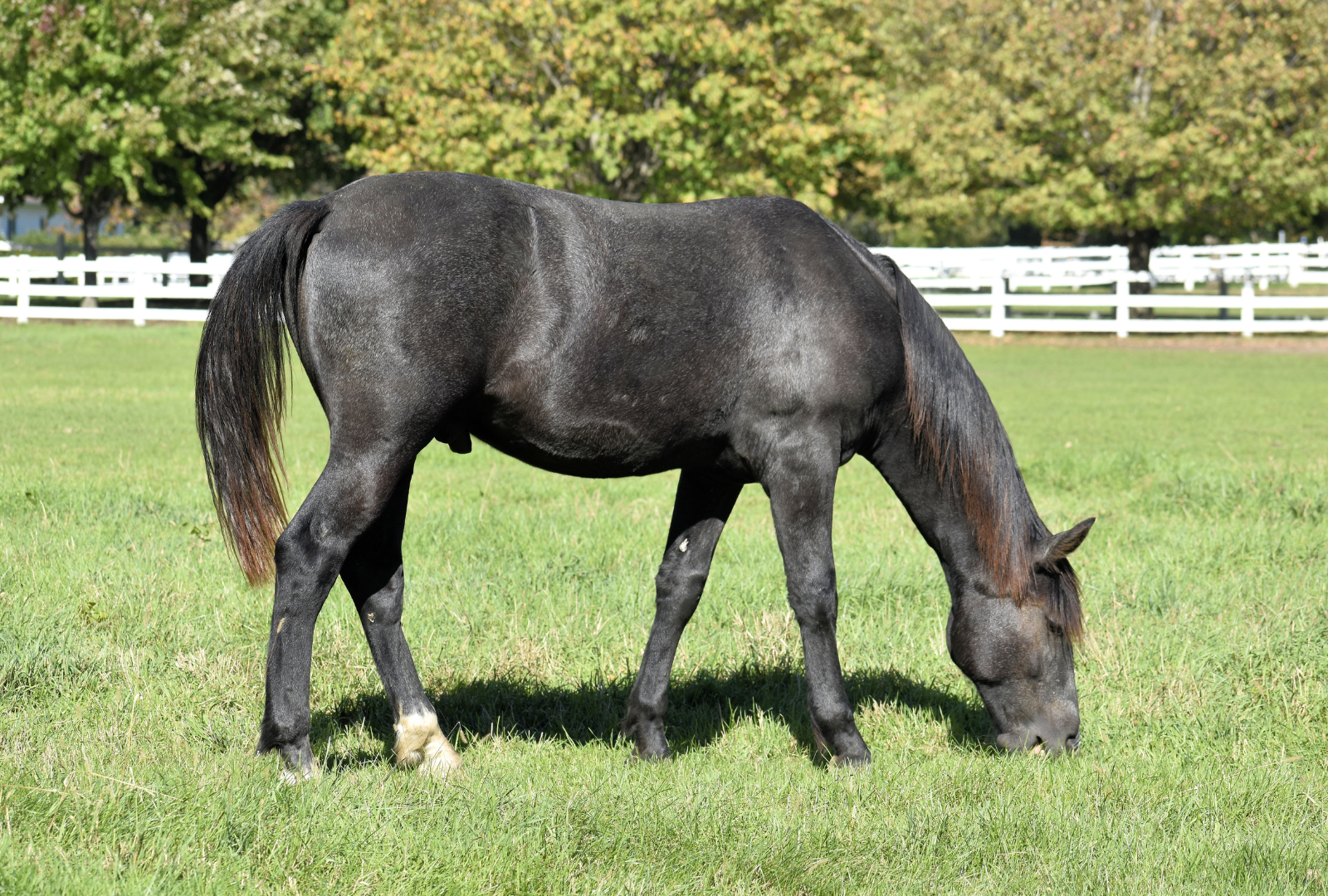
Black Horses That Fade Out in Summer
In this episode of Holistic Horseworks Talks, April discusses how the color change is likely due to a copper deficiency in the horse’s diet. She suggests feeding the horse Dynamite Liquid Trace Minerals once a week to provide the necessary copper and prevent the fading of its black coat.
April also mentions that chestnut horses with burnt-out-looking hair and curled ends may have a copper deficiency as well.
April believes that mineral deficiency can make horses more prone to parasites, so she advises using organic diatomaceous earth and doing fecal counts every two to three months.
Episode Transcription
Expand to read more...
I know a beautiful, beautiful black horse, but in the summertime, he turns to more of a brown color. He just bleaches out. Is there anything we can do to keep him nice and black?”
April: “So for my clients, when we feed the Dynamite Liquid Trace Minerals and their feed once a week, they hold that black color, so it’s something in the copper that they’re needing that they’re not getting, so the black Friesians that don’t stay black.
And when my clients give them the Dynamite Liquid Trace Minerals in their feed for two or three days in a row, they go back to black and the chestnut horses that have that burnt-out looking hair? That kind of curl looks like little fishhooks. That’s a copper deficiency as well. And those horses are going to be more prone to parasites as well.
So, you can buy feeds that will keep your horse black. You will have shampoos that keep your horse black, but I believe if it’s a mineral deficiency and the Dynamite Liquid Trace minerals help that. That’s $30.00 for three months versus, the cost of all the other products that you guys are using. So, try that first on your black horses, knowing that it strengthens the immune system and my horses help them compete better, seems to help them stay healthier longer.
And when I do my fecal counts, they were always 0, so I did fecal counts and I used organic diatomaceous earth. The product Excel, that Dynamite has just a teaspoon every day on their feed. And I would do fecal counts every two to three months, so the combination of the Dynamite Liquid Trace Minerals and the Excel kept them parasite free and my black horses black and my black and white Pinto really strong black and white, with that ribboning you know where the colors meet.
So that’s what I would recommend. And if you have a Black Horse, that’s what I use.
You can see more information in my free e-book horseacademy101.com website, holistichorseworks.com and YouTube channel Holistic Horseworks. See you there!”
If your black horse experiences a fading effect on their coat during the summer, it’s likely due to a mineral deficiency. Specifically a lack of copper, which plays a vital role in the production of melanin—the pigment responsible for their deep black hue. When copper levels are insufficient, the coat loses its intensity and depth, resulting in a less striking brown appearance.
Enter Dynamite Liquid Trace Minerals, a game-changing solution for maintaining the luster of black horse coats. By adding these trace minerals to a horse’s feed just once a week, you can help them retain their captivating black color. These minerals seem to fulfill the copper needs that some black-coated horses might be lacking, effectively preventing the bleaching effect during summer and promoting a radiant coat year-round.
Interestingly, copper deficiency doesn’t only affect black horses. Even chestnut horses with a burnt-out appearance to their hair, often displaying curled strands resembling fishhooks, may suffer from a lack of copper. This deficiency not only impacts their coat appearance but also weakens their immune system.
Horses experiencing a copper deficiency are also likely to have parasites. Embracing a holistic approach to equine health, some horse owners combine trace minerals with Dynamite Excel to maintain a parasite-free environment for their horses.
One of the significant advantages of Dynamite Liquid Trace Minerals is its cost-effectiveness. Compared to various other specialized products in the market, this option is highly affordable, costing around $30.00 for a three-month supply.
Incorporating Dynamite Liquid Trace Minerals into your horse care routine aligns with a holistic approach to equine health. By addressing mineral deficiencies and supporting the immune system, you’ll be providing your horse with the best care possible, ensuring they shine bright and remain healthy throughout the year.
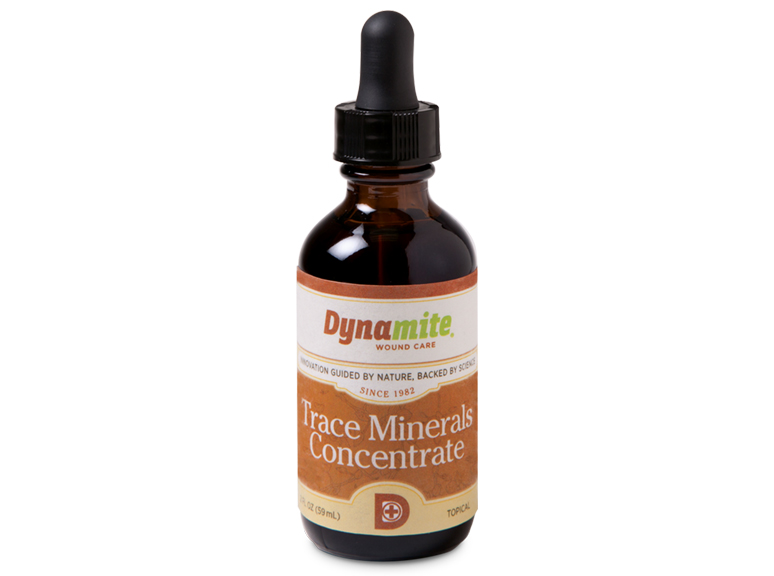
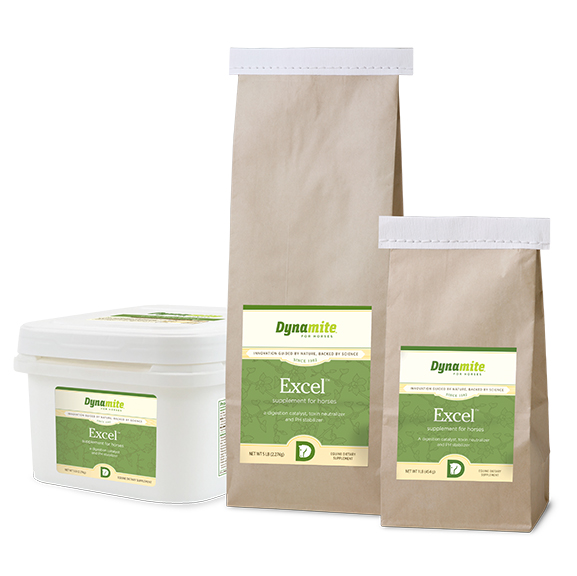
Unlocking the Secrets of Holistic Horse Care: Insights from the Equine Musculoskeletal Program
In the world of horse care, understanding the musculoskeletal system is vital for ensuring the health and performance of our equine companions. In a recent podcast episode, experts from Holistic Horseworks shared invaluable insights into their musculoskeletal program, shedding light on the importance of holistic approaches in equine health.
6 Must-Know Hore Care Tips for Winter
In this comprehensive guide, we'll share five essential cold weather horse care tips straight from the experts at Holistic Horseworks.Whether you're dealing with freezing temperatures, icy conditions or relentless mud, these strategies will help you keep your horse happy and healthy through even the harshest of winters.
Equine Vaccines: What’s In Them and How to Help Your Horse Naturally
Vaccines are often considered a cornerstone of equine health, but have you ever wondered exactly what’s in them, or how they might be affecting your horse’s long-term health?
Horses Are Talking, Are You Listening?
Holistic equine expert April Love wants you to know: your horse is speaking. And once you learn how to listen, everything changes. In her recent appearance at the Holistic Horse Conference, April sat down with Dr. Jeff Grognet and animal communicator Joan Ranquet to share her revolutionary approach to equine wellness.
How a Distance Reading CHANGED Kimberly and Her Horse
In this interview, holistic healing expert April Love uncovers the deep, often invisible threads connecting horse and human wellness. Join Kimberly, host of The Backyard Horse Enthusiast, as she shares her transformative experience with April's intuitive healing techniques.
Is It Really a Training Problem, or Is Your Horse in Pain?
If your horse bucks, resists the canter, or just feels off under saddle, the first thing many people assume is that it’s a training issue. Maybe the horse is being stubborn, or maybe it just needs more groundwork. But I want to let you in on something I’ve seen over and over again—those “training problems” are almost always your horse trying to say, “Ouch, that hurts!”
Did You Know That Saddle Fit Issues Are Really Horse Body Issues?
Saddle fit isn’t just about the saddle — it’s about the ever-changing body of the horse beneath it. While it’s tempting to invest in custom saddles or quick fixes like padded inserts, lasting comfort and performance come from addressing the root of the issue: your horse’s physical balance and symmetry.
Useful, Helpful Tips and Tricks for Horse Care | April Love’s Interview on The Backyard Horse Enthusiast
What would you do if your horse was limping, colicking, or spooking—and no one could tell you why? That question lit a fire in April Love that would grow into a global mission: helping horse owners uncover the root causes of mystery lameness, behavioral issues, and chronic pain that traditional methods often miss.
How to Find the Cause of Lameness in Horses
When a horse shows signs of lameness, pinpointing the exact cause can be challenging due to compensatory mechanisms. Horses often redistribute weight and movement to avoid pain, making the actual injury difficult to locate. Here’s a practical step-by-step guide to help you identify the root cause of lameness in horses.
Dogs Love Bodywork, Too! (Prevents ACL Tears and Hip Displaysia.)
If you’ve ever watched your dog run and noticed something a bit off—like both hind legs moving together or noticeably dragging their toes—it might be more than just an aging issue or a minor injury. Proactively managing canine skeletal health can prevent long-term joint issues such as hip dysplasia and ACL tears.


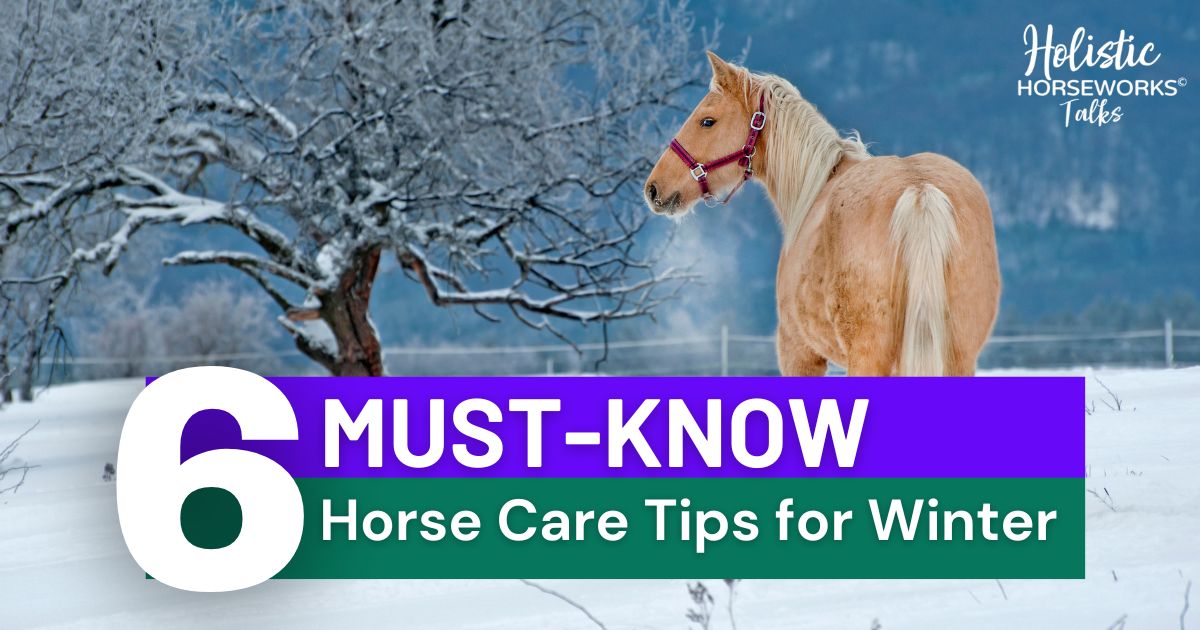
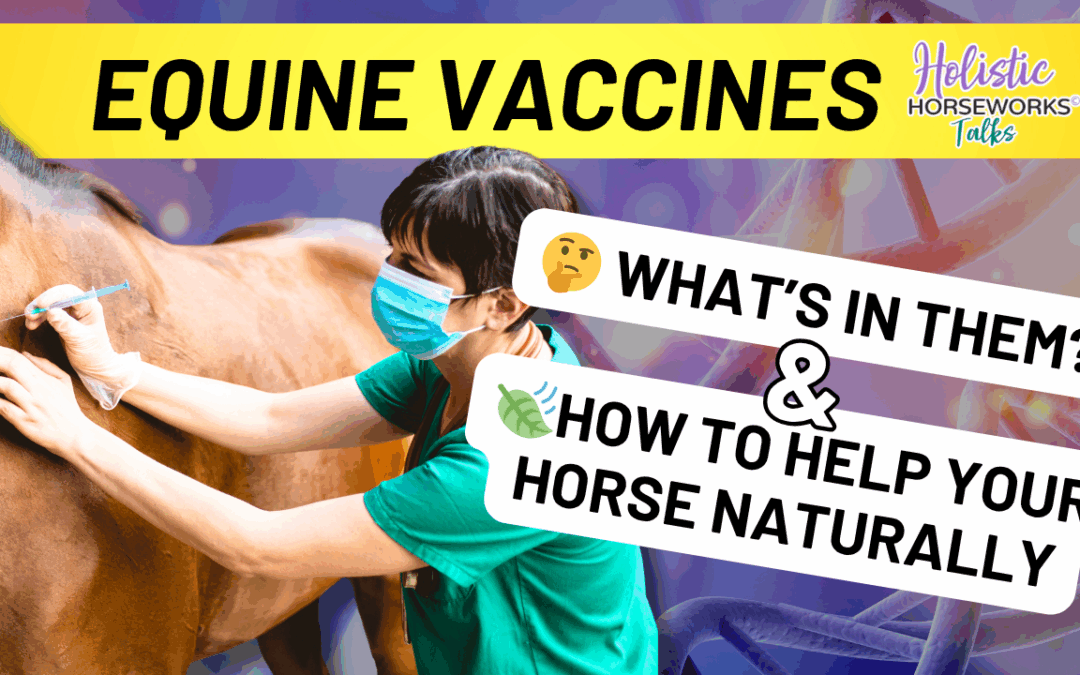
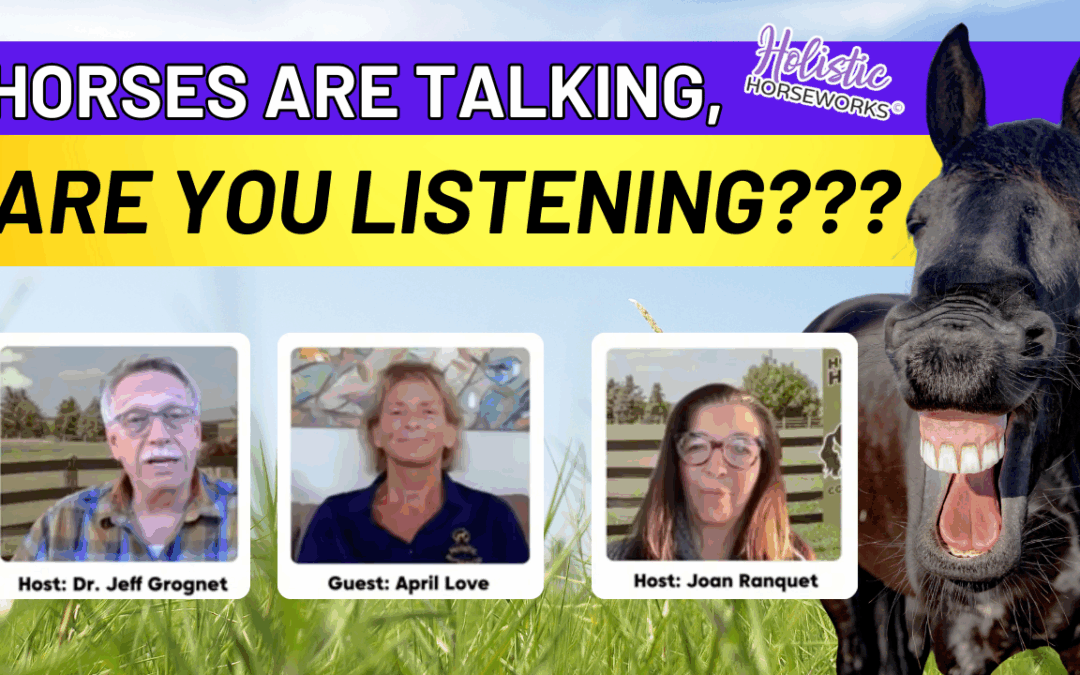
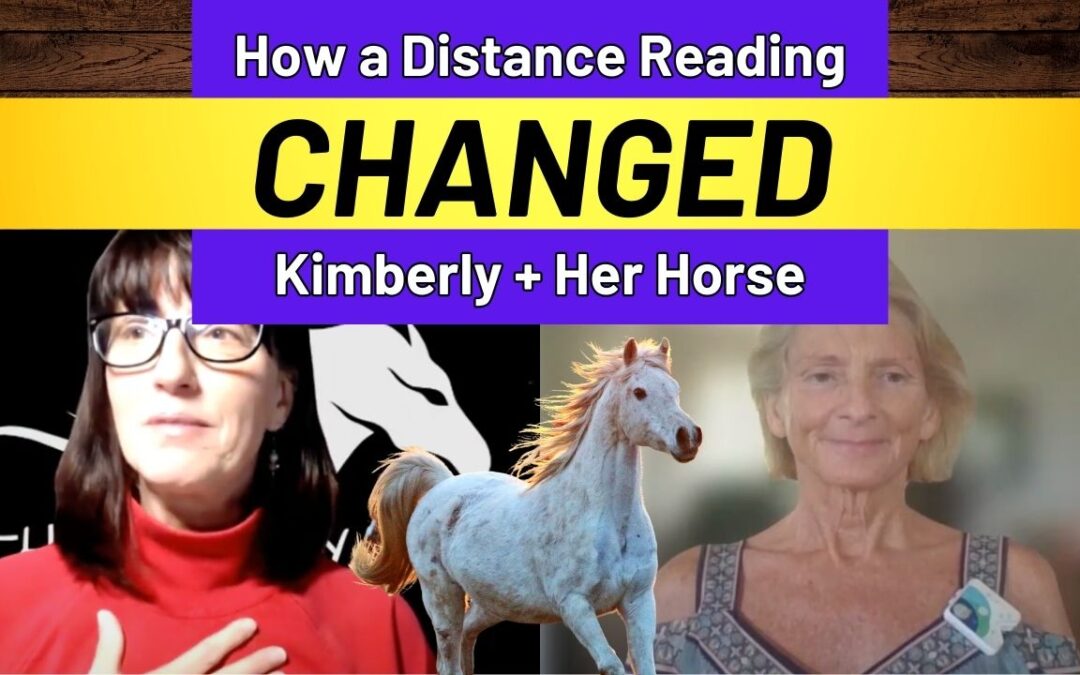

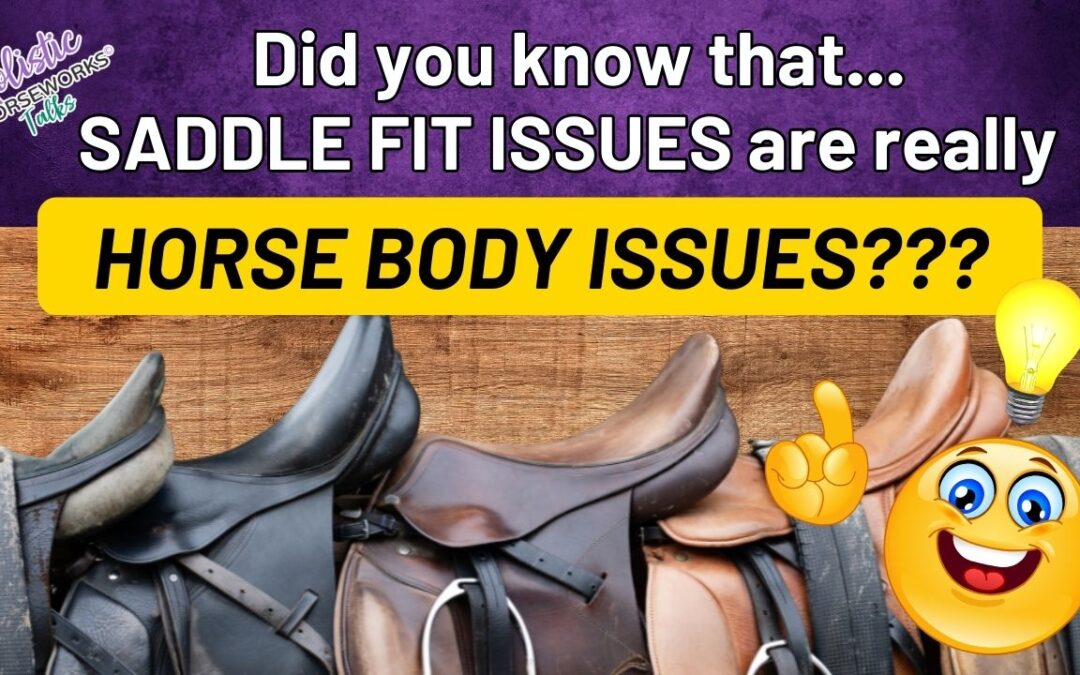
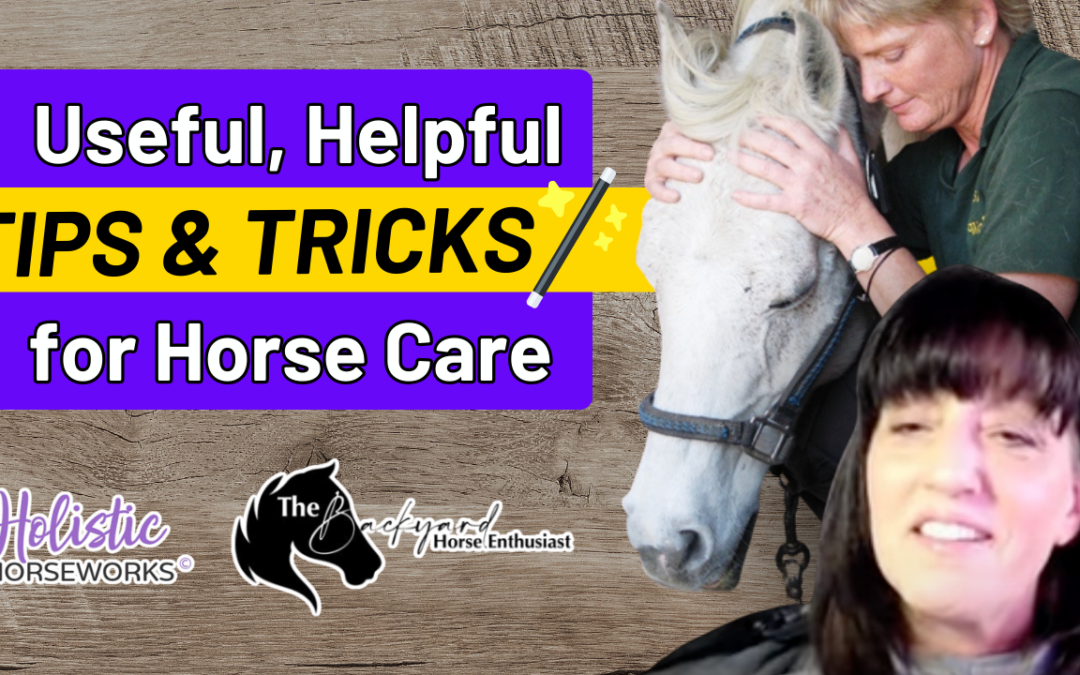
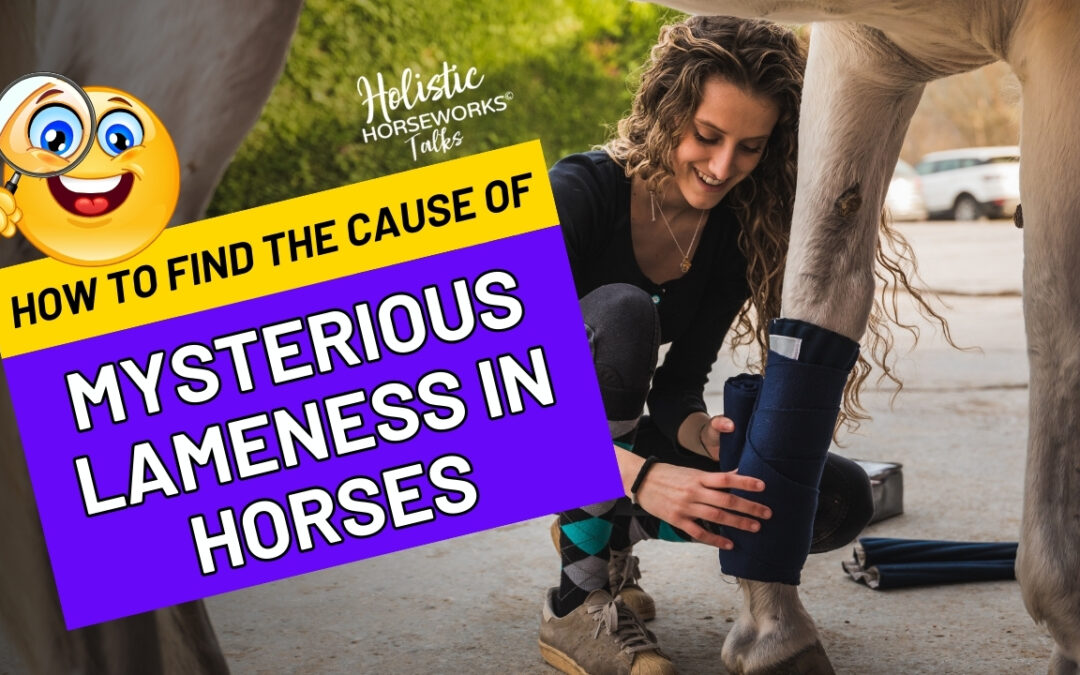


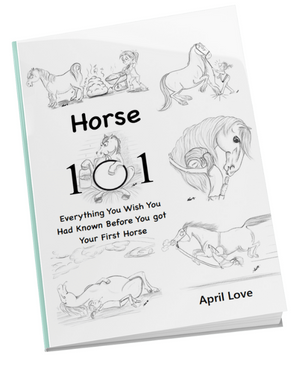
![Complete Level 1 & Level 2 Home Study + Private Training Package [NO DVD]](https://holistichorseworks.com/wp-content/uploads/2022/08/Level-1-and-Level-2-complete-home-study-and-training-package-400x400.jpg)
![Level 1 "Equine Musculoskeletal Unwinding" Home Study -Watch Instantly [NO DVD]](https://holistichorseworks.com/wp-content/uploads/2022/08/Level-1-Home-Study-400x400.jpg)
![Level 2 “CranioSacral Unwinding & Advanced Applied Kinesiology” Home Study - Watch Instantly [NO DVD]](https://holistichorseworks.com/wp-content/uploads/2022/08/Level-2-Home-Study-400x400.jpg)

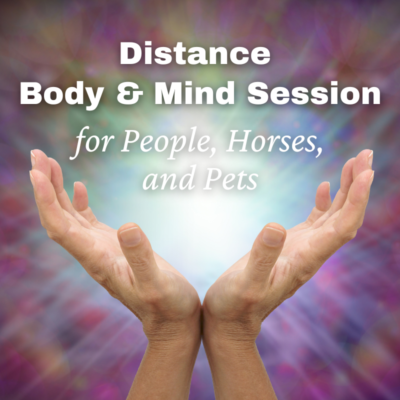


![Equine CranioSacral Energy Work -Watch Instantly [English and French]](https://holistichorseworks.com/wp-content/uploads/2022/09/equine-cranial-sacral-energy-work-watch-instantly-400x400.jpg)
